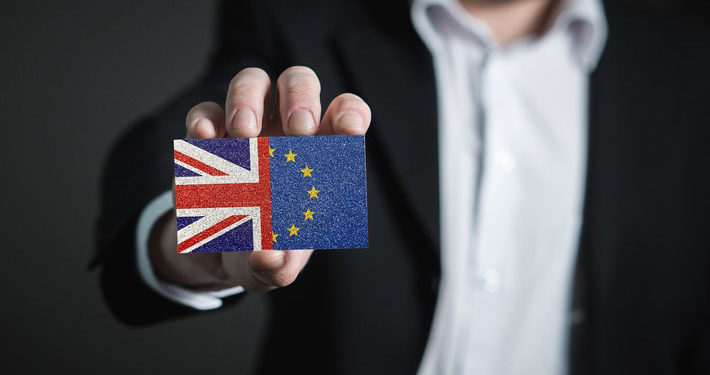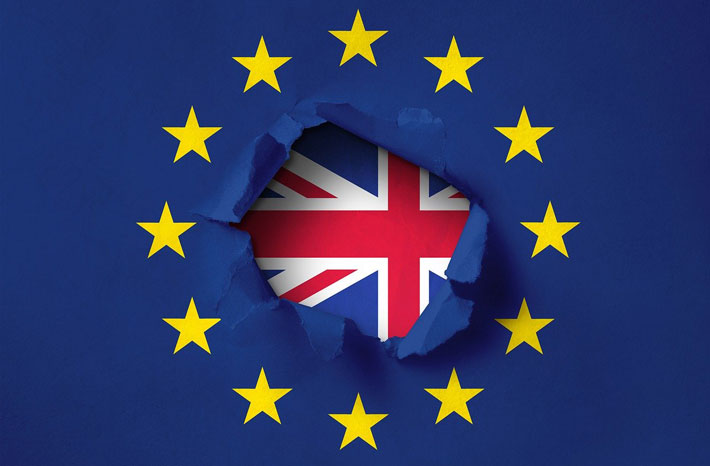Post-Brexit – Customs and VAT Reclaiming

It is still uncertain whether the UK is completely and properly prepared for Brexit. More and more people suggest that a no-deal Brexit will soon happen, and that the UK will be home to countless riots and protests – a fact that is supported by the Yellowhammer document as well.
Naturally, this affirmation is not far from the truth. This is because, as expected, people and businesses are already told to prepare for high energy bills and for changes regarding VAT – including customs.
Therefore, in the following lines, we’ll take a look at how customs and VAT reclaiming might look post-Brexit.
The Two Sides of Brexit
As you may know, Brexit can happen either without a deal or with a withdrawal agreement.
The no-deal Brexit means that the UK will immediately stop being a part of the EU customs and VAT union. Therefore, the UK will have to be treated as a mere third country for customs and VAT purposes – this also implies different paperwork. Reportedly, the business cash flow may be affected.
The withdrawal agreement means that the UK will enjoy a transition period of up to two years after it officially exits the EU. During this time, any changes will impact the country’s life less, mainly because most of the EU systems will remain in place and be negotiated by the government.
The Customs after Brexit
Here are the main customs aspects that may change after a no-deal Brexit.
EORI Number – after Brexit, all businesses in the UK will need an EORI number if they want to import and export. If you import goods from other countries with your EORI number, then you will need a UK number as well.
Commodity Codes – the good news is that, after Brexit, the UK will still use the same system, namely the World Customs Organization’s Harmonized System. However, there may be goods for which you’ll have to apply for a BTI decision – this can take up to two months to complete.
Customs Declarations – any goods that enter the UK will have to be backed by customs import declarations.
Customs Payments – without a deal, EU imports to the UK will be subject to temporary custom tariffs for up to 12 months. However, keep in mind that preferential tariff rates may apply if a certain country is part of a trade agreement with the UK.
On top of that, businesses will also have to take goods transportation, incoterms, licenses, simplified procedures, transportation of goods by car or baggage, as well as trading by post.
VAT Reclaiming after Brexit
If you own a business that regularly trades goods with EU countries, then you may want to consider registering for VAT in those particular countries.
However, if you don’t engage in that many foreign trades, then you can reclaim your VAT on any goods via the VAT refund scheme of the EU for non-union states. Its applications are made within each country.
This scheme comes with two directives – one for EU members and one for non-members. After Brexit, UK-based businesses will have to use the 13th Directive.
The Bottom Line
As you can see, the business world may experience quite a shock after Brexit happens. It seems that they’ll need a variable VAT calculator, especially since they won’t be using the 8th Directive Scheme anymore.
If you are a consumer and think that this won’t affect you at all, keep in mind that UK-based companies that import and sell goods in the UK may decide not to import certain goods any more due to high VAT.
Obviously, we can only wait and see how businesses will deal with the new VAT rules and regulations.










